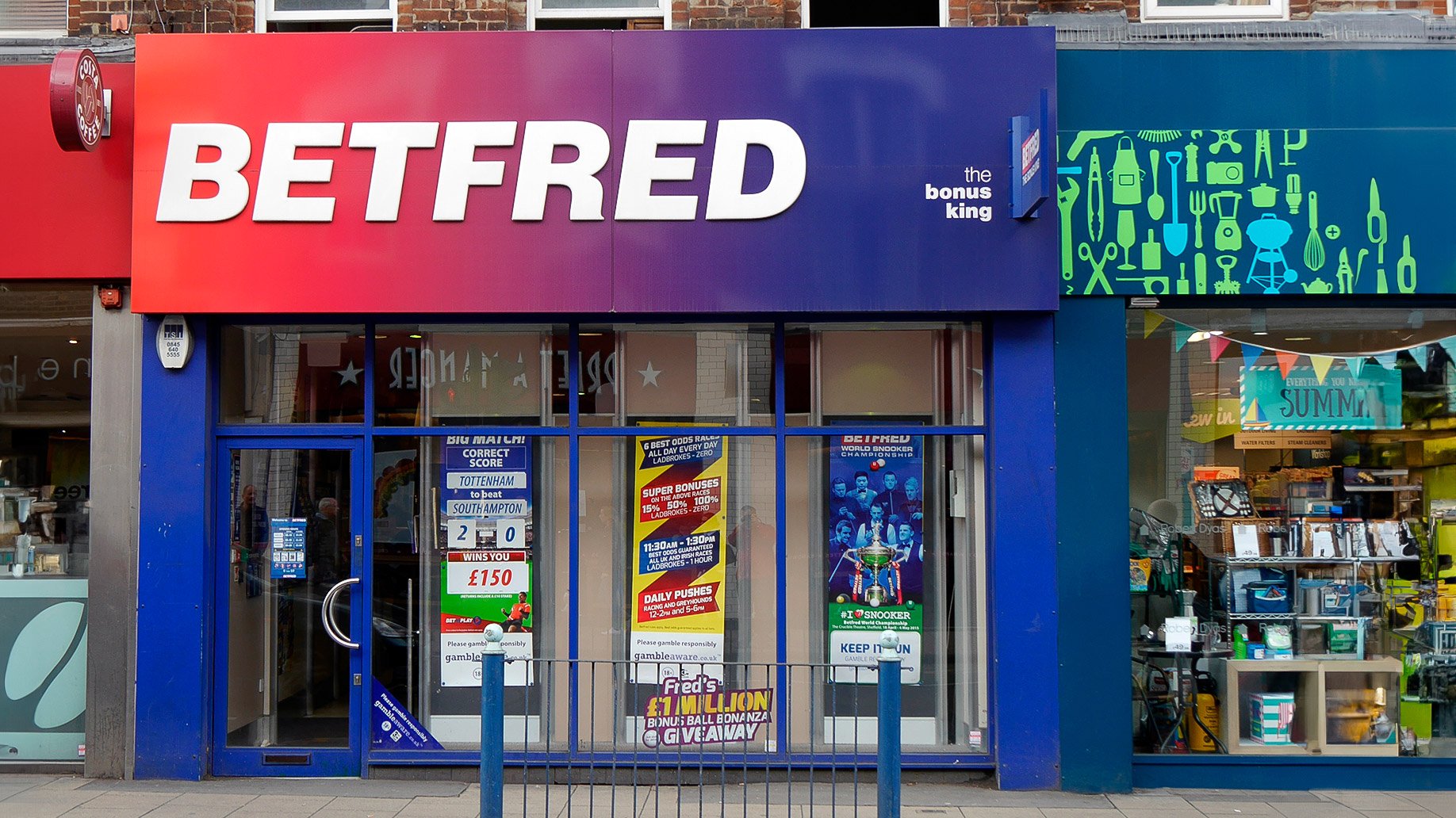Ireland’s gambling regulator weighs tiered fee model, longer licences after industry pushback

Ireland’s Gambling Regulatory Authority (GRAI) said it is reconsidering its proposed licence fee model and duration terms after stakeholders raised concerns during a public consultation on the country’s forthcoming gambling regulation framework.
The regulator is now exploring a tiered fee structure based on Gross Gambling Yield (GGY) or a hybrid of GGY and turnover, moving away from its original turnover-based model, which industry respondents criticised as disproportionate to actual revenue.
The review follows 27 submissions to a four-week consultation held in April and May. Most responses came from industry stakeholders, including operators and consultants, and flagged affordability issues tied to the fee structure outlined in Ireland’s Gambling Regulation Act 2024.
A baseline fee of €20,000 ($23,103) for remote licences was described by operators as a “major” increase over the current system. The proposed €1,200 ($1,386) per premises charge was also seen as burdensome for smaller land-based operators. GRAI said it would consider adjusting this based on operational scale, such as the number of gaming machines.
The regulator is also considering extending the proposed three-year licence term to five years, aligning with countries such as France and Germany, which offer five-year terms, and Greece and Belgium, which issue licences for seven and ten years, respectively. GRAI may also offer longer durations for operators with a history of compliance.
Respondents further urged greater clarity on licence renewal policies, fee calculations, and financial terminology such as “turnover.” In response, GRAI said it will publish “clear and timely” guidance on these matters.
While industry stakeholders urged Ireland to review its fees in line with the UK, GRAI stated that the fees approach was not directly comparable due to various regulatory differences.
“Many of the regulatory obligations that will be part of the GRAI’s responsibilities are not part of the Gambling Commission’s remit in Great Britain and instead are part of the functions of the local councils,” GRAI said.
GRAI has committed to issuing three types of licences—business-to-consumer (B2C), business-to-business (B2B), and charity—though charity licence applications are not expected to open this year.
The authority began accepting expressions of interest on 27 March and aims to open betting licence applications, both online and land-based, before the end of 2025. Online gaming is expected to follow in early 2026, with other phases extending into 2027.
Respondents also supported stronger consumer protections, particularly around the proposed National Gambling Exclusion Register (NGER). Recommendations included mandatory registration, lifetime exclusion options, and interoperability across operators.
The regulator said these insights would shape its future policy and stressed the importance of early stakeholder engagement to ensure smooth implementation.

















